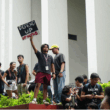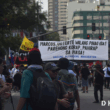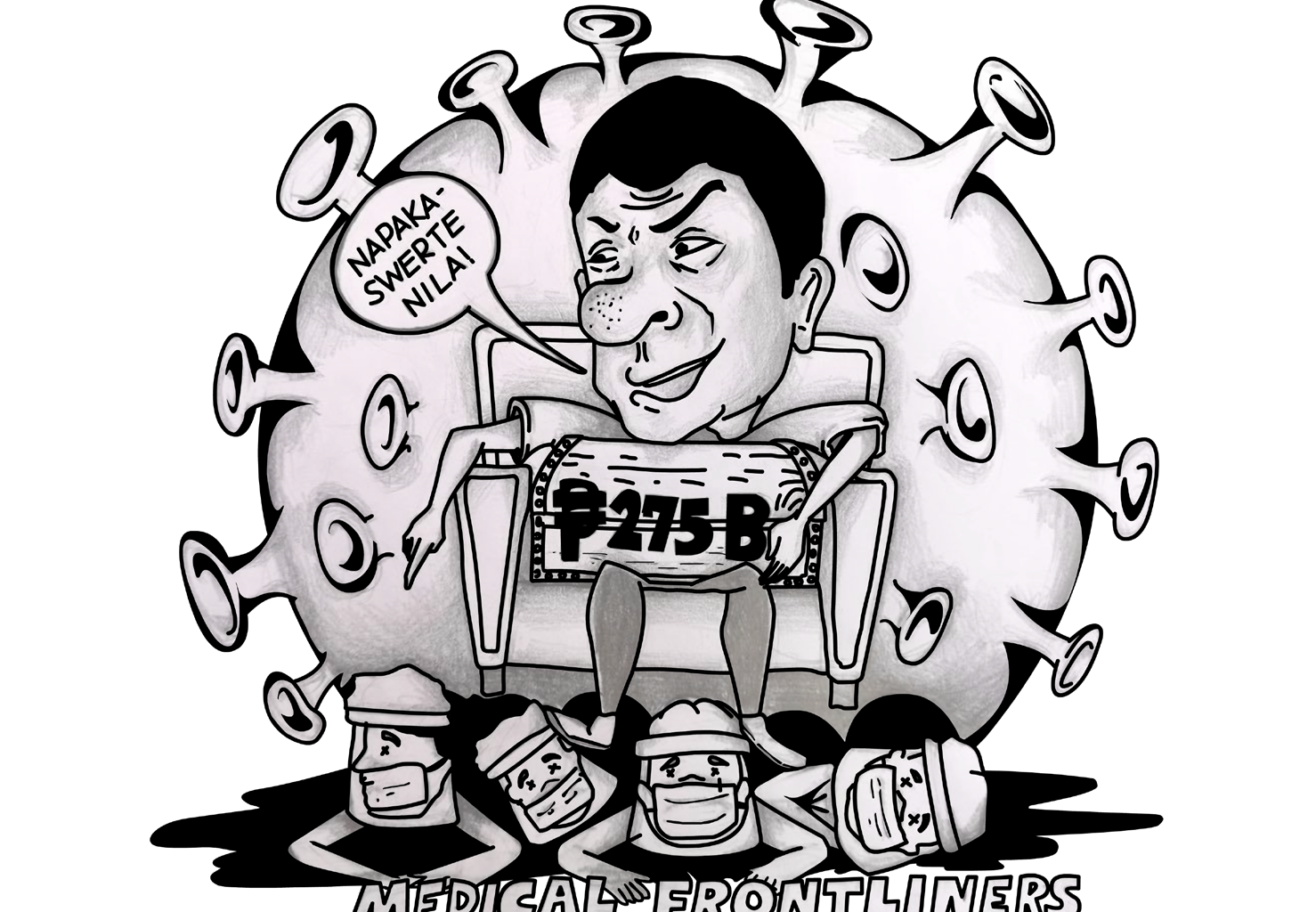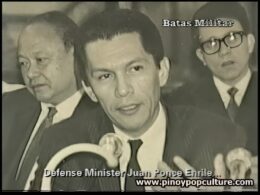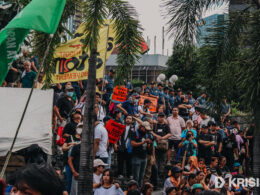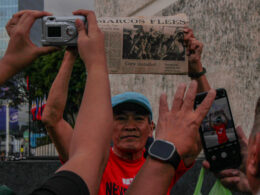During a global health crisis, protecting medical frontliners is equally important as saving the lives of the infected.
The coronavirus disease (COVID-19) pandemic, which has infected more than 4,000 Filipinos, has started to take a heavy toll on the ones needed most to combat it — the health workers. However, President Rodrigo Duterte doesn’t seem to realize the gravity of their deaths.
On a March 31 press briefing, Duterte expressed his gratitude to doctors, nurses, and other healthcare professionals battling on the frontlines of the pandemic. While acknowledging those who succumbed to the disease, he said, “Napakasuwerte nila. Namatay sila para sa bayan.” Duterte added service shall be the sole reason for one’s death, and that it would be “an honor to die for [the] country.”
Although the President, in the same message, promised the procurement of additional medical supplies, devices, and millions of protective items, the government’s late acquisition still needlessly exposed a number of frontliners to the highly-infectious disease.
Last April 9, DOH reported that 252 health workers have contracted COVID-19, 152 of which are doctors while 63 are nurses. Earlier, the Private Hospitals Association of the Philippines said 21 of the country’s doctors have died from the disease while on service. The lack of personal protective equipment (PPEs) is to be blamed for their deaths.
To view the death of health workers as martyrdom instead of a tragedy only goes to show how these deaths are often seen as trivial.
Frontliners without adequate medical protective equipment during a national health crisis is similar to sending soldiers into battle without gears and weapons, bringing with them only their willingness to serve to combat a physical and dangerous enemy.
Additionally, the government’s call for volunteer health workers only manifests how little they value their citizens. While health workers continue to put their lives at stake, a daily wage of 500 pesos is what was supposed to be given to them in return. However, after this drew flak from the public, DOH acknowledged the need for an increase as it does not equate with the risk these frontliners face doing their job.
As the government continues to lag behind in their response, it is no surprise that many of the health workers are also forced to bring their pleas to social media and rely on private sectors and individuals for assistance.
This crisis wouldn’t have happened if there had been a stronger sense of urgency. When the first case of COVID-19 was reported last January 30, the Duterte administration refused to take immediate action and order a travel ban for all travelers from China’s Hubei province, the epicenter of the outbreak.
Prior to the confirmation of the first COVID-19 case, several organizations and lawmakers had already given recommendations to impose a travel ban from China to stop the entry of the new coronavirus strain.
However, instead of prioritizing the Filipinos, the national government chose to dismiss the alarm all for keeping its diplomatic relations with China as it “would not be fair” to them.
As health workers lie on the brink of death every day, more than anything, they deserve a safe and secure environment that would help them fulfill their duty to save lives, not one that would put an end to theirs.
This article first appeared in KRISIS (AY 2019-2020) – COVID-19 Pandemic Issue on April 12, 2020.



